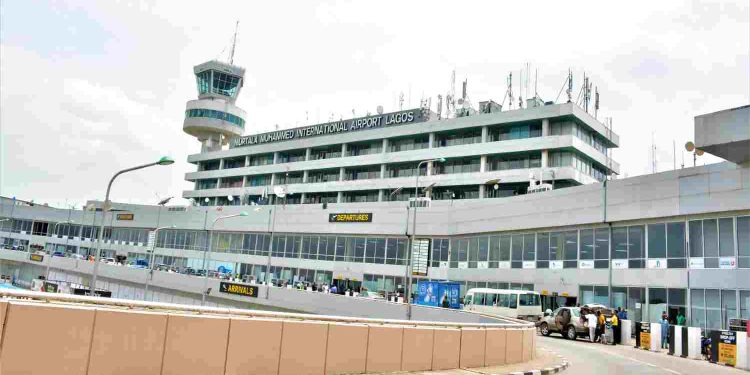As the global air travel scene witnesses soaring numbers, Nigeria’s role in the African air travel landscape is under scrutiny. The ranking of Nigerian airports in the list of Africa’s busiest raises questions about the factors at play.
The figures informing this ranking in our earlier report, was released by Airports Council International (ACI). It provides insight into the bustling travel landscape across Africa.
In the context of the top 10 busiest airports in Africa for 2022, the positioning of Nigeria’s airports invites contemplation on how the country can propel its air travel domain to greater heights.
Assessing the Numbers
Delving into the data, it’s evident that Nigeria’s airports lagged behind their African counterparts. Murtala Muhammed International Airport in Lagos secured the eighth spot, handling 6.5 million travellers.
On the hand, Nnamdi Azikiwe International Airport in Abuja stood at the tenth position, catering to 5.9 million passengers. These numbers, when juxtaposed with the top performers, pose a significant gap.
Unpacking the Factors
Several factors contribute to Nigeria’s comparatively lower rankings. Infrastructure deficiencies, inadequate facilities, and operational challenges have hindered the optimal performance of the country’s airports.
These issues translate to reduced passenger experience and a deterrent to airlines. Moreover, the socio-economic landscape, characterized by inconsistent policies and fluctuating market dynamics, has an impact on air travel growth.
Turning the Tide: A Path Forward
To elevate Nigeria’s airports on the continent’s air travel scale, a comprehensive approach is essential:
Infrastructure Investment: Revitalizing airport infrastructure is paramount. Modern terminals, advanced security systems, and efficient baggage processing can enhance passenger experience and attract airlines.
Regulatory Stability: Providing a stable regulatory environment is crucial. Consistent policies and clear guidelines foster confidence among airlines and investors, promoting sustainable growth.
Industry Collaboration: Collaborating with industry stakeholders, airlines, and international aviation bodies can yield insights, best practices, and technical assistance to uplift Nigeria’s air travel standards.
Customer-Centric Approach: Prioritizing passenger comfort and convenience can attract more travellers. Enhanced services, smoother check-in processes, and efficient boarding can significantly enhance the overall flying experience.
Promoting Tourism: Capitalizing on Nigeria’s diverse tourism potential can boost air travel demand. Encouraging domestic and international tourism can lead to increased flights and passenger traffic.
Predicting a Promising Future
While Nigeria’s airports currently stand at a crossroads, the potential for transformation is significant. By addressing infrastructure gaps, fostering regulatory stability, and embracing a customer-centric ethos, Nigeria can reshape its air travel narrative.
The country’s strategic location, economic potential, and growing tourism industry provide a strong foundation for change.
By implementing these measures and garnering support from aviation experts and stakeholders, Nigeria can ascend the ranks of Africa’s air travel industry, carving a path towards a more prosperous aviation future.












